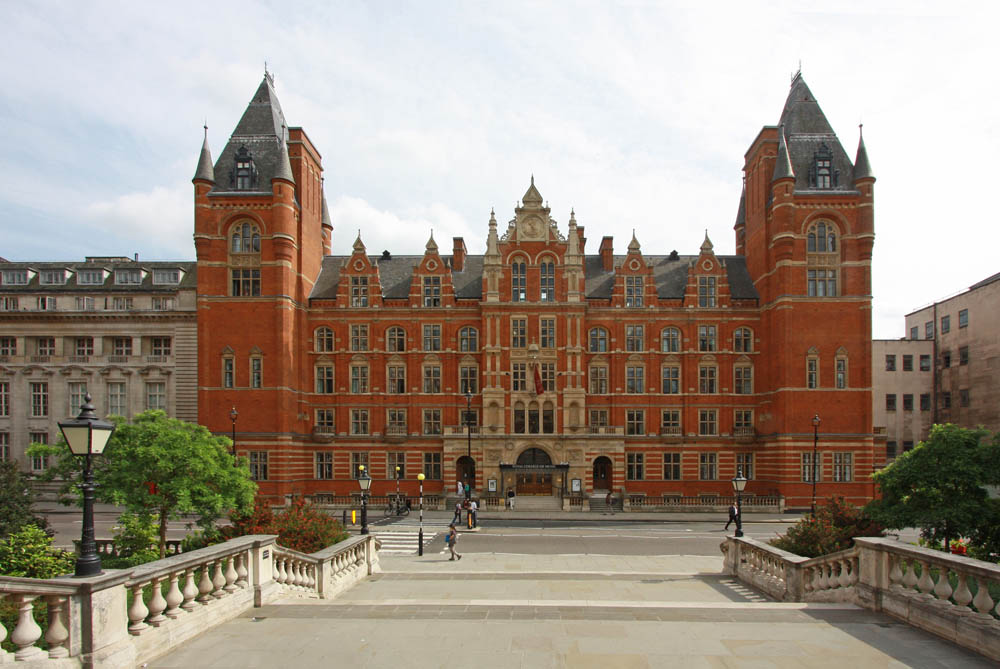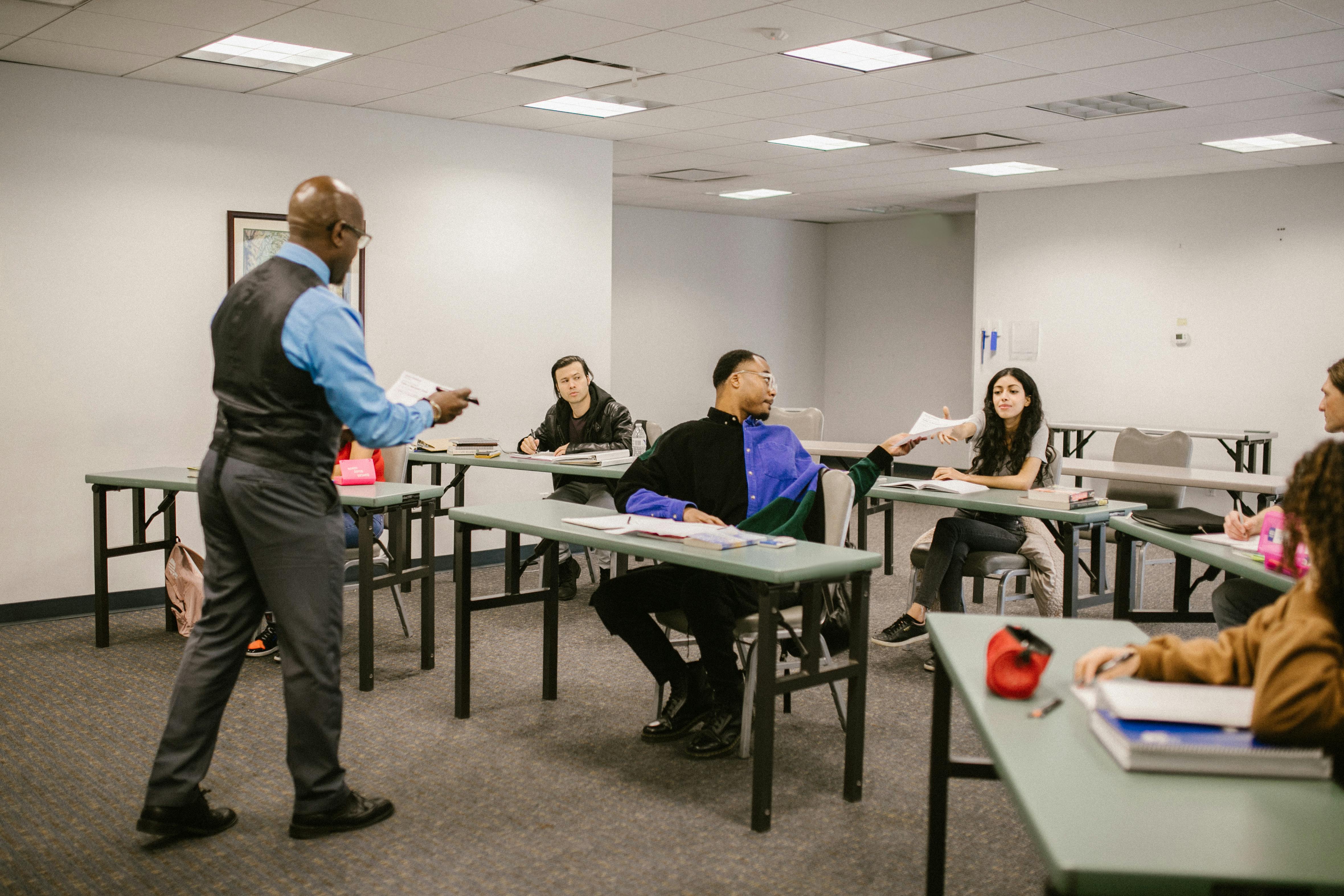If you want to know the significance of academic appeal, just imagine that you have been striving for an entire semester and finally wait for the moment when your grades are announced, only to find that you have missed out on your ideal score due to uncontrollable factors. This sense of powerlessness is deeply experienced by many international students. As your partner on your study journey in the UK, we are well aware that behind every score lies countless nights of staying up late and studying hard. Perhaps you have just received a disappointing report card and are hesitating whether to appeal or not, or perhaps you simply have no idea where to start. Don’t worry. This guide is written exactly for you.
Understanding Academic Appeals
When facing an academic decision that seems unfair or incorrect, students in universities have the right to seek formal review through a process known as academic appeal. This section will guide you through the fundamental concepts, helping you determine whether your situation qualifies for appeal and how to proceed effectively.
What is an Academic Appeal?
Understanding the meaning of academic appeal is the first step to success. In simple terms, academic appeal is a formal process to challenge an academic decision made by a university body (such as a Board of Examiners or Progress Panel) and to seek a review of that decision. This includes students raising objections to formal decisions such as examination results, further education decisions, or final degree grades. You should first try to solve the problem informally by contacting your college. If you are still not satisfied, you can initiate the formal academic appeal process.
Academic Appeal vs Complaint
Academic Appeal and Complaint are totally different concept, Please refer to the following table for comparison:
| Aspect | Academic Appeal | Complaint |
|---|---|---|
| Definition | Formal challenge to an academic decision | Expression of dissatisfaction with services |
| Subject | Decisions by academic bodies (e.g., Board of Examiners) | Quality of teaching, administration, or facilities |
| Scope | Exam results, progression decisions, degree classification | Teaching quality, service delivery, staff conduct |
| Legal Basis | University Academic Regulations | Consumer protection laws |
| Evidence Required | Strong evidence supporting grounds for appeal | Description of issue and its impact |
| Typical Timeline | 10-15 working days (Stage 1) | 20-30 working days |
| Possible Outcomes | Original decision upheld, remarking, new assessment | Apology, service improvement, compensation |
| Next Steps | Stage 2 appeal → OIA | Escalated complaint → OIA |
Valid Grounds for Academic Appeal
According to the UK higher education regulatory Framework and the Academic Regulations of each university, students who file academic appeals must be based on the following legal Grounds and provide corresponding evidence. It is crucial to confirm that your situation conforms to the official reasons for academic appeal.
- Mitigating Circumstances
Mitigating Circumstances refers to unforeseen personal circumstances that happened during the assessment period and have a substantial impact on academic performance. And for Good Reason, it cannot provide evidence through the Mitigating Circumstances Procedure when the Board of Examiners made the original decision.
Common Examples:
Sudden major illness
Death of immediate family members
Experiencing a severe personal crisis
- Procedural Irregularity
Procedural Irregularity means that the university makes an Administrative Error or fails to follow established procedures, and the error has a Material Impact. If there is no error, the examination is very likely to make a different decision.
Common Examples:
The examiner applied the wrong or outdated marking criteria.
Incorrect information was provided about exam times or submission deadlines.
A calculation error occurred in tallying the final mark.
- Examiner Bias (Typically for Postgraduate Research)
There is conclusive evidence that examiners have Prejudice or Lack Proper Assessment in the thesis review.

Building Your Academic Appeal: Evidence Requirements for Students
No matter what the reason you have for filing an academic appeal, clear and well-supported appeal evidence is the key to success. This section will provide a detailed explanation of how to effectively prepare appeal evidence to help improve your academic appeal success rate.
Fundamental Principles of Evidence
The success of an academic appeal largely depends on evidence that meets the following criteria: First, Independence, which means the evidence must come from a third-party authoritative institution or professional. Second, Relevance means that the reasons for the appeal must be directly proven, and the time must be in line with the assessment period. Third, Substantiveness refers to the ability to prove that the situation has had a significant impact on academic performance.
What Evidence Do You Need for a Successful Academic Appeal?
When preparing your academic appeal materials, it is crucial to choose the type of evidence that meets the university’s standards. Here are four common and widely accepted types of evidence and their specific requirements.
Firstly, Medical condition evidence should provide a detailed letter issued by a doctor or psychological counsellor, which should clearly state the illness, its duration and its specific impact on studies. In addition, hospital visit records or discharge certificates can also serve as supplementary evidence. Secondly, Bereavement evidence mainly includes death certificates and letters from doctors or psychological counsellors. In case of major accidents or other circumstances, relevant news reports can also be submitted as supplementary materials. Thirdly, Evidence of major personal changes includes police reports (applicable to crime victims), lease agreements (for housing issues), and certificates issued by student loan companies (used to confirm financial difficulties). Finally, Evidence of program violations can include incorrect scoring criteria documents, email exchange records with supervisors or departments, as well as written materials that can prove incorrect score calculations.
Please note that all evidence materials must be in English or provide certified translations, and be numbered in chronological order.

The Academic Appeal Process
Before initiating your appeal, it’s crucial to understand that UK universities maintain a structured two-stage process with distinct requirements and deadlines at each level. The following guide will walk you through the specific submission procedures for both stages.
How do I submit a Stage 1 Appeal?
Before initiating a formal appeal, please be sure to log in to your university’s student system to check the latest submission channels and deadlines – the specific procedures and time requirements of each school may be adjusted at any time. Taking the online systems adopted by most British universities as an example, the standard operating procedures are as follows:
Log in to your Student Record and navigate to the My Academic Appeals section in My Modules
Select “New Request” and choose your appeal type (module mark or mitigating circumstances decision)
Complete the required information fields supporting your appeal
Review all details on the Summary & Confirmation page before submitting
Important requirements:
Appeals must be submitted within 15 working days of ratified results publication
Late appeals require explicit permission from Student Conduct & Appeals
You must provide evidence explaining any delay if submitting past the deadline
The system allows saving draft applications for later completion
How do I submit a Stage 2 Appeal?
Stage 2 appeals are submitted to Student Conduct & Appeals when you remain dissatisfied with your Stage 1 appeal outcome or you have new evidence or can demonstrate a procedural error in the Stage 1 process.
Key submission requirements:
Strict 10-working day deadline from Stage 1 decision notification
Must demonstrate specific flaws in the Stage 1 review process
Requires stronger evidence and legalistic argumentation
Typically represents the final internal appeal avenue
Note: Both appeal stages maintain rigorous documentation standards and require comprehensive evidence submission. Always obtain submission confirmation and retain copies of all materials.
Avoiding Common Traps: Key Reasons Stage 1 Appeals Fail
According to the common experience of university student union advisors, most failed appeals fall into the following “minefields” :
- Confuse “reasons” with “excuses”
Trap: Merely describing “I’m very sad and under a lot of pressure”, but failing to prove a causal relationship between it and my studies.
Countermeasure: After each statement, ask yourself, “Do I have evidence to prove this statement?”
- The evidence is “present” but not “excellent”
Trap: A medical certificate was submitted, but it only stated “Recommended rest”, without explicitly stating “academic activities cannot be conducted during this period”.
Countermeasures: Communicate with the doctor in advance to ensure that the letter of proof includes three elements: the condition, the duration, and the specific impact on studies.
- Missing the “Golden Remedial period”
Trap: Remembering to appeal only after learning the results, thus missing the golden window for applying to excusable circumstances within 7 days before or after the exam.
Countermeasure: In case of any accident, take immediate action and don’t wait until the results are announced.
- Emotional writing
Trap: Blaming the teacher or venting dissatisfaction in the statement.
Countermeasure: Use “The author failed to submit…” throughout the text. It is an objective third-person statement that only states facts and does not express emotions.
- Neglecting the initial communication
Trap: Directly initiating a formal appeal, skipping the informal communication with the supervisor or the college.
Countermeasure: A polite consultation email is not only a rule but may also directly solve the problem and avoid lengthy appeals.

After the Academic Appeal
Should your university’s internal appeal not yield the desired outcome, it’s important to understand this isn’t necessarily the end of the road. Depending on your situation, you may have further options to pursue – both through formal external channels and by taking proactive steps to create the right conditions for your academic recovery.
The Office of the Independent Adjudicator (OIA)
After exhausting all the on-campus academic appeal channels, students can file a complaint with the independent arbitrator’s office. This institution is a legally recognised independent adjudication body responsible for hearing issues of procedural impartiality in colleges and universities in England and Wales. To initiate the OIA program, three conditions must be met: a “Program Completion Letter” issued by the school must have been obtained, the complaint must have been raised within 12 months of receiving the letter, and the institution must be a member of the OIA. The OIA does not reevaluate academic performance but examines whether the school’s handling procedures are fair. The entire process usually takes 3 to 6 months. If the ruling supports the student, the school can be required to take remedial measures such as a re-examination and financial compensation.
Creating a Supportive Study Environment for Academic Success
No matter what the outcome of your academic appeal is, maintaining a stable and quiet living environment is crucial for your academic recovery and future performance. During the period of preparing for an appeal and subsequent research, having student accommodation that allows for peaceful study and rest is an important foundation for achieving educational accomplishments. Choosing a professionally managed student accommodation in the UK can effectively reduce distractions in life and allow you to fully focus on your studies. Such an environment usually offers designated study areas, stable Internet connections and predictable living conditions – all of which are key factors in rebuilding academic momentum after the appeal process.
Conclusion about Academic Appeal
An academic appeal is a challenging journey. However, by grasping the key points of the appeal and preparing sufficient evidence, we believe that you have made full preparations to safeguard your academic rights and interests. May this guide be a capable assistant on your academic journey and help you overcome the difficulties at hand.
FAQs about Academic Appeal
What are common mistakes in appeal letters?
When writing an appeal letter, common mistakes include using emotional language, questioning academic judgments, disconnection of evidence from the timeline, and failure to explain the reasons for the delay in submitting evidence. A successful appeal letter should: be based on verifiable facts, directly link the timeline of evidence to the specific assessment affected; Only for procedural errors rather than academic judgments themselves; Maintain professional wording and a clear structure, and systematically demonstrate how the relevant circumstances actually affected academic performance.
What are the chances of winning an appeal?
The chances of winning an appeal vary significantly by jurisdiction – in UK benefit appeals success rates reach 59-60%, while US court reversals typically range from 7-20%. Success generally depends not on disagreeing with the original decision, but on demonstrating specific legal or procedural errors. Having skilled legal representation and thorough preparation significantly improves outcomes, as tribunals often reach different conclusions based on the same evidence rather than new information.
What happens if you lose a school appeal?
If you lose a school appeal, the original decision becomes final and you typically have three options: submit a second-stage internal appeal (usually within 10-15 working days) by demonstrating procedural errors in the first review; escalate to the Office of the Independent Adjudicator within 12 months if all internal options are exhausted; or accept the outcome and plan your next academic steps, such as retaking courses or seeking alternative pathways.








